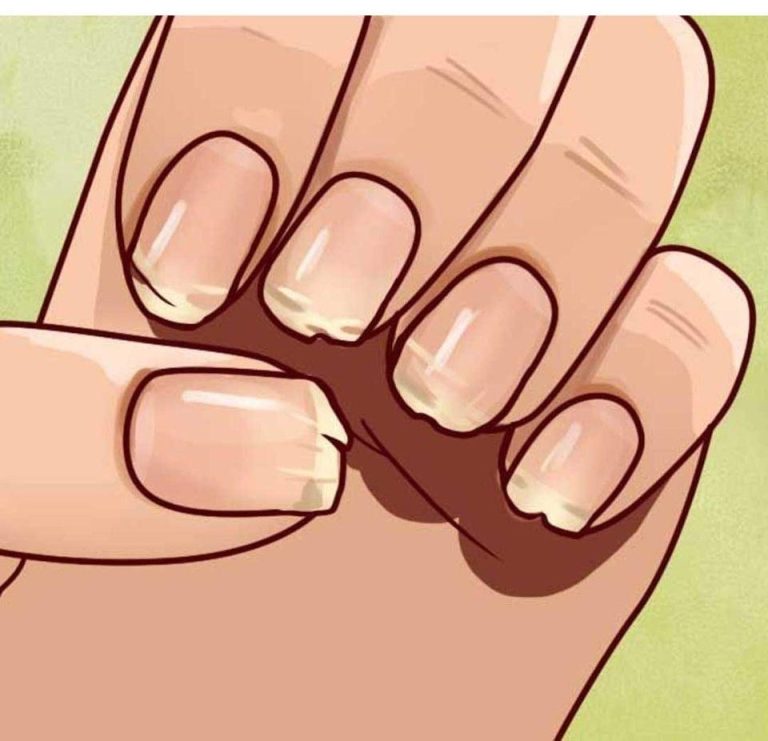ADVERTISEMENT
Regular contact with harsh chemicals, including cleaning products, nail polish removers, and detergents, can weaken your nails over time. Wearing gloves while cleaning and choosing non-acetone nail polish removers can help mitigate these effects.
Weather
Exposure to extremely cold or dry conditions can strip moisture from your nails, making them brittle. Using moisturizer and wearing gloves during colder months can provide protection.
4. Health Conditions
Thyroid Diseases
Both hyperthyroidism and hypothyroidism can cause brittle nails. If you suspect your thyroid may be the cause, a simple blood test can help diagnose these conditions and appropriate treatment can be given.
Psoriasis
This skin condition can spread to the nails, causing pitting, abnormal nail growth, and cracking. Treating the underlying psoriasis can often improve nail health.
Fungal infections
Fungal infections can damage the nail bed and cause nails to become brittle and split. Antifungal treatments are effective in resolving these infections.
5. Physical Stress
Repeated physical trauma, such as using your nails as tools, can cause immediate and long-term damage. Keeping your nails trimmed and avoiding improper use can prevent cracking and breaking.
6. Age-Related Changes
As you age, your nails can become drier and more brittle. Incorporating more omega-3 fatty acids into your diet and moisturizing your nails can help combat these changes.
Your nails can be a window into your overall health. By addressing nutritional deficiencies, protecting yourself from environmental damage, staying hydrated, and seeking treatment for any underlying health issues, you can improve not only the health of your nails, but your overall well-being. If you’re concerned about ongoing issues with your nails, it may be a good idea to consult a healthcare professional or dermatologist to explore more in-depth health information and solutions.
ADVERTISEMENT
